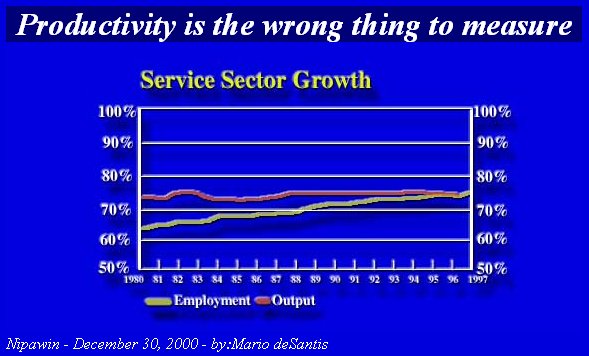Learning Stories
by
Mario deSantis
mariodesantis@hotmail.com
“I am a Canadian, free to speak without fear, free to worship in my own way, free to stand for what I think right, free to oppose what I believe wrong, and free to choose those who shall govern my country.” - -The Rt. Hon. John Diefenbaker, Canadian Bill of Rights, 1960
“The whole judicial system is at issue, it's worth more than one person.”--Serge Kujawa, Saskatchewan Crown Prosecutor, 1991
“The system is not more worth than one person's rights.”--Mario deSantis, 2002
Ensign Stories © Mario deSantis and Ensign
|
|
We live in an environment where there is a lot of confusion, and this confusion is being made more confusing by an obsolete leadership unwilling to make personal transformational changes and unwilling to give power away. As I have already mentioned in a previous article, our leadership is continuing to use a manufactured language which divides people rather than unites them(1). And this manufactured language is used in our educational institutions, in politics, in business, in our communities, and in our families. We are today living in a rapid changing world which has been characterized by the so called New Economy, and yet we describe this New Economy in terms of our old manufactured economic language. And as I was saying above, our social state of confusion is getting more confusing. What has caught my attention lately has been the social misunderstanding of the economic term "productivity." I really loved my figuratively definition of productivity as "the work of our imagination at work(2)" as contrasted to the traditional definition which equates productivity to per capita GDP (Gross Domestic Product). We are living in a changing economic environment where products and services keep changing in accordance to our technological advances and new ideas, and yet our economists are still putting their emphasis of economic growth on "productivity." In the United States, we have progressive economists Robert Atkinson and Randolph Court, who have confirmed that in the New Economy we are experiencing both a growth of high and low skilled jobs(3). These economists say "Low-skilled jobs are not going away any time soon. The occupations with the largest predicted numerical increases are cashiers, janitors, retail salespersons, waiters, and waitresses. Together, they are expected to account for 13 percent of all new job growth." Atkinson and Court continue to say "Lagging productivity goes a long way towards explaining slow wage growth. If productivity had increased after 1973 the way it did in the 30 years before, half of all American households would now be earning at least $63,000, instead of the current $37,000" In one way, and indirectly, Atkinson and Court are telling us that in the New Economy, the traditional economic measure of "productivity" doesn't make sense. Productivity, as per capita GDP, doesn't make sense because goods and services keep constantly changing, and because in this stage of the New Economy both high and low skilled jobs are increasing. However, our journalist Bruce Little of the Globe and Mail says "productivity is important because it's the foundation of prosperity and a rising standard of living(4)", and this statement characterizes the demented mind set of our traditional economists and leadership. Let me reinforce the understanding that productivity is an obsolete economic term and that it should not be part of our economic vocabulary. Productivity, as per capita GDP, is a manufactured economic term of the assembly line economy, and it has no meaning in the New Economy. And very perceptively, Kevin Kelly has stated that "the problem with trying to measure productivity is that it measures only how well people can do the wrong jobs. Any job that can be measured for productivity probably should be eliminated(5)." References/endnotes Relevant political and economics articles http://www.ftlcomm.com/ensign 1. Money Talks, Mandatory Voting and our Democracy, by Mario deSantis, December 23, 2000 2. What is productivity? It is the work of our imagination at work, by Mario deSantis, September 5, 2000 http://www.ftlcomm.com/ensign/desantisArticles/2000_200/desantis221/productivity.html 3. The New Economy Index, by Dr. Robert Atkinson and Randolph Court. Dr. Robert Atkinson is the director of the Progressive Policy Institute's project on Technology, Innovation, and the New Economy. Randolph Court is the technology policy analyst at the Progressive Policy Institute http://www.neweconomyindex.org/index.html 4. Too early to tell if our productivity will match U.S. boom, Bruce Little, The Globe and Mail, Monday, September 4, 2000 http://www.theglobeandmail.com/gam/FeaturesAmazingFacts/20000904/RAMAZ.html 5. New Rules for the New Economy. Twelve dependable principles for thriving in a turbulent world. By Kevin Kelly, Executive Editor, Wired Magazine Group Inc., F E A T U R E S | Issue 5.09 - September 1997 |
